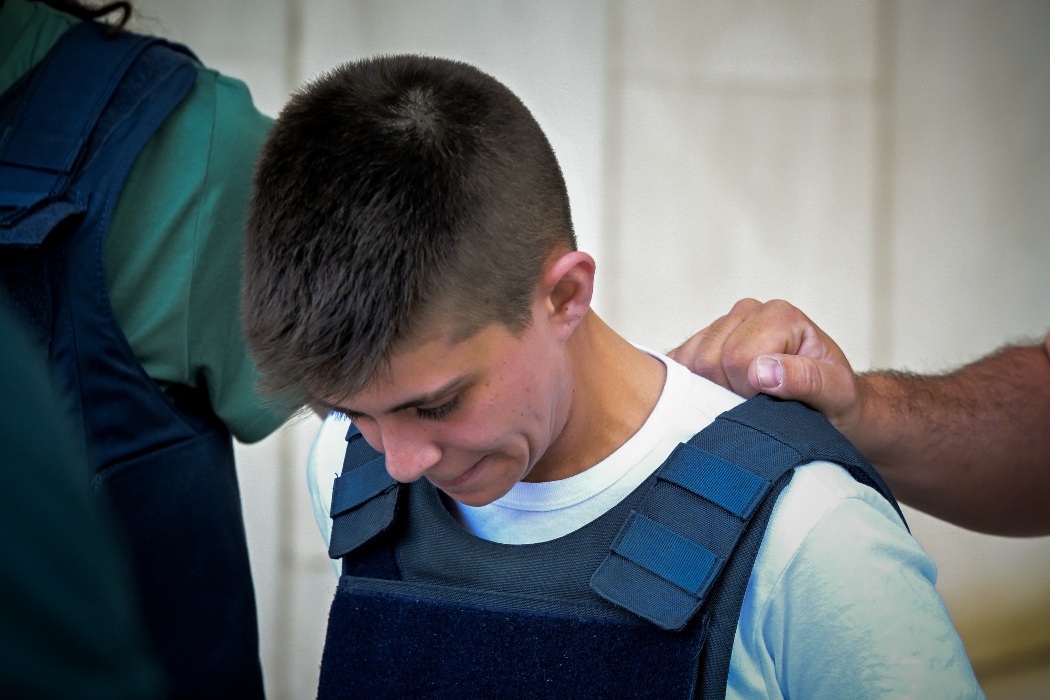Eirini Mourtzoukou, a Greek woman at the center of a chilling series of infant deaths, appeared before the courts in Athens’ Evelpidon complex following her arrest under a warrant issued by the Patras Public Prosecutor’s Office.
The charges stem from a long-running investigation into the deaths of three infants—two of them her own—and the attempted murder of a family acquaintance.
Authorities accuse Mourtzoukou of serial murder with intent, involving both completed and attempted acts, committed continuously over a span of more than a decade. Following her court appearance in Athens, she is expected to be transferred to Patras to testify before the investigating magistrate.
A Timeline of Suspicious Deaths
The disturbing case traces back over ten years:
- February 6, 2014: Mourtzoukou’s 18-month-old sister dies in Argos.
- February 6, 2021: A six-month-old infant she was caring for in Achaea dies. An initial autopsy attributed the death to interstitial pneumonia with complications from seizures.
- June 19, 2022: Her own 19-day-old baby dies at home. The death was again ruled as interstitial pneumonia, with no genetic abnormalities found.
- October 17, 2023: Her two-month-old daughter dies at Agia Sofia Children’s Hospital from cardiac arrest. A medical report cited seizures and high levels of medication in the child’s system.
- August 5, 2024: While caring for a 15-month-old boy, the son of a friend, the child suddenly stopped breathing. Though Mourtzoukou and the boy’s mother claimed he died in hospital, medical staff confirmed the child was dead on arrival.
“She Described Exactly How the Deaths Happened”
Forensic expert Dr. Grigoris Leon, speaking to Greek television channel MEGA, described the case as a turning point for Greece’s medical and judicial institutions. “From the start, she described in detail how the deaths occurred—without realising the implications,” Leon said. “In early interviews, before she was legally advised, she provided information that aligned with later scientific findings.”
Leon emphasised that meticulous work by both the Hellenic Police and an informal medical review committee was key in re-evaluating the suspicious deaths. “In all three cases, the consistent medical conclusion was oxygen deprivation due to external factors,” he added. “The evidence leaves little room for alternative explanations.”
He also called for systemic changes within Greece’s forensic system, highlighting the need for standardised protocols in child death investigations to prevent future oversights.
A Case That Shook Greece
The case has gripped the Greek public, drawing comparisons to other high-profile cases of maternal filicide. It also raises questions about how so many infant deaths connected to one individual went unchallenged for so long.
As the investigation deepens, attention now turns to the judicial process in Patras, where Mourtzoukou will formally respond to the charges. The Greek public—and international observers—are watching closely as justice unfolds in a case that has stunned the nation according To Vima)
Source: pagenews.gr
